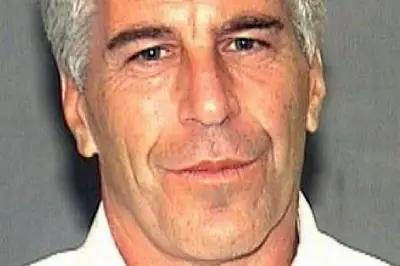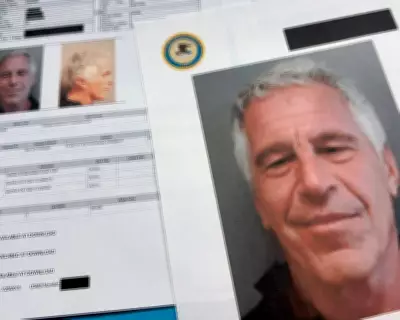
In a dramatic fall from grace that has shocked the sporting world, former hurling superstar DJ Carey has been sentenced to prison for tax evasion offences totalling millions of euros.
The 48-year-old legendary Kilkenny forward, widely regarded as one of Ireland's greatest hurlers, received his sentence at Dublin Circuit Criminal Court amidst revelations he's battling pancreatic cancer.
From Sporting Glory to Courtroom Drama
Carey, whose dazzling career included five All-Ireland senior medals and nine All-Star awards, pleaded guilty to multiple counts of tax fraud between 2017 and 2022. The court heard how the former athlete failed to declare substantial income from various business ventures and public appearances.
Judge Martin Nolan delivered the sentence, acknowledging Carey's health struggles while emphasising the seriousness of the financial crimes. "The courts must treat tax evasion with appropriate severity, regardless of the defendant's circumstances," Judge Nolan stated during the emotionally charged hearing.
Health Crisis Complicates Sentencing
Medical reports presented to the court confirmed Carey's pancreatic cancer diagnosis, with his legal team arguing for leniency due to his ongoing treatment. However, the judge maintained that while healthcare needs would be accommodated, the prison term was necessary given the scale of the offences.
Court sources indicate arrangements have been made for Carey to receive specialised medical care while serving his sentence at Wheatfield Prison in Dublin.
Sporting Community Reacts with Shock
The GAA community has expressed widespread astonishment at the downfall of one of its most celebrated figures. Former teammates and rivals alike have described the situation as "tragic" and "deeply saddening," with many recalling Carey's extraordinary contributions to Irish sport.
Social media platforms have been flooded with messages from fans struggling to reconcile the image of the sporting hero with the convicted tax evader. The case has sparked broader conversations about the pressures facing athletes after retirement and the importance of financial compliance.
As Carey begins his prison term, the dual narrative of sporting greatness and criminal conviction ensures this story will remain in public consciousness for some time, serving as both a celebration of athletic achievement and a cautionary tale about financial responsibility.





